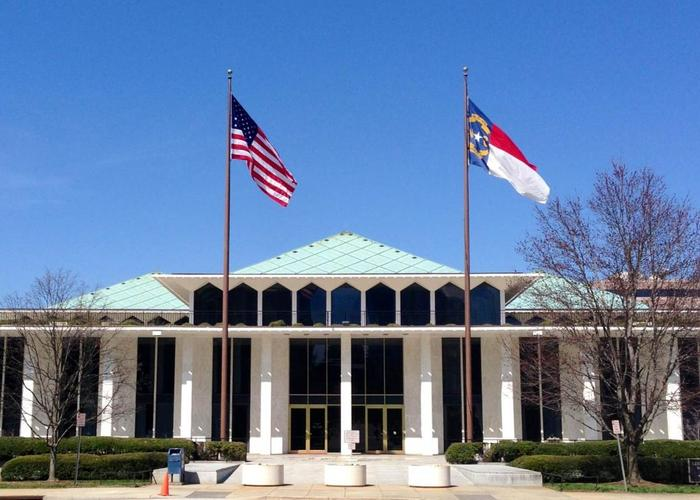House Bill 2: Harsh Consequences for North Carolina
As of recent, North Carolina has seen its fair share of airtime on countless news broadcasts across the country, the topic of discussion being House Bill 2 (HB2). While this subject has been at the forefront of much conversation, the tone of these discussions has been exceedingly negative. The controversy began when the bill passed on March 23, and several companies, cities, and states have since taken firm stances of opposition towards the legislation. While the bill has only been passed for about two weeks, many foresee that it will have severe, unfavorable, and discouraging effects on our state in the future. Now, the real question relates to the extent of which these potential blows could affect our economy in the long run.
While HB2 allows transgender citizens to use the restroom of the genders with which they identify, it only protects those who have officially changed their gender as it appears on their birth certificates after extensive surgeries have taken place. Those that unapologetically fall short of supporting this bill claim that the process of formal and legal gender reassignment can be emotionally, physically, and financially taxing making it unattainable for many. Another large portion of the bill repeals several local protections that have served minority groups, the LGBT community included, that have sought to eradicate discrimination in the workplace and in housing. The undermined protections were in existence in a variety of areas including Chapel Hill, Greenville, Raleigh, and Boone. This came as a surprise to many, especially considering the fact that Governor Pat McCrory released a video with the claim that the bill would not eliminate any of these policies already in effect. Several protest groups assembled outside of the Executive Mansion in the days following the bill’s passage, and it does not look as though the community’s voice will cease to be heard anytime soon.
While the passage of HB2 has concerned many citizens and lawmakers, cities and states across the country, along with large contributors to North Carolina’s economy, have also expressed their concerns in a variety of different ways. San Francisco, Seattle, New York City, West Palm Beach, Atlanta, and many others have banned government travel to North Carolina within their areas. While some may claim that this has an insignificant impact on the big picture of North Carolina tourism, the cities are making a symbolic statement against the legislation as well. Several governors, including those in Vermont, Washington, Minnesota, and New York, have even decided to ban government travel to North Carolina effective for their entire states. Perhaps the most interesting and newsworthy development has been the denouncement of the bill by large corporations, many of which hold a stake in North Carolina’s economic climate. ABC News reported that “American Airlines, which operates its second-largest hub in Charlotte; IBM and Biogen, which have facilities in the state’s Research Triangle; and payments processor PayPal, which had announced plans to hire 400 people in Charlotte only last week, were among major employers condemning the new law”. The CEO of Red Hat tweeted that the law was “a clear step backwards.” Duke Energy, one of the most prominent companies in North Carolina, also took a stance against the bill. There was some question about if the law would affect the NBA’s choice to hold the 2017 All-Star Game in Charlotte. The city of Atlanta even suggested that they should hold the event after the bill had passed. While the NBA says that they still hope to hold the event in Charlotte, they issued a statement saying that “We are deeply concerned that this discriminatory law runs counter to our guiding principles of equality and mutual respect and do not yet know what impact it will have on our ability to successfully host the 2017 All-Star Game in Charlotte”.
As time goes by, it will be interesting to see how the bill is implemented and received by the stakeholders involved. Some speculate that Governor McCrory will later retract his statements in order to encourage current businesses to stay in the state, and to make potential newcomers feel welcome. While this bill is now virtually set in stone, the conversation surrounding it will remain fluid and lively in the weeks and months ahead.










